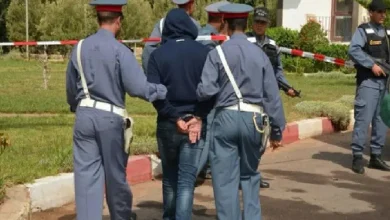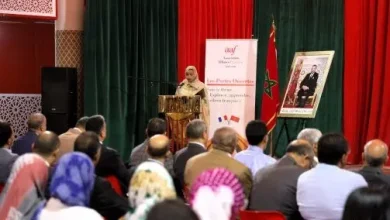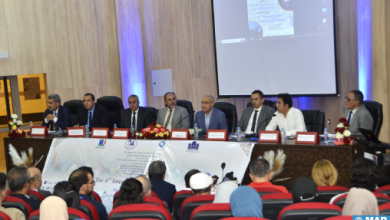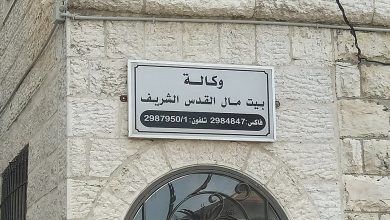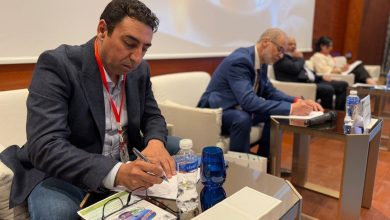Morocco at the forefront of African action in favor of maritime security
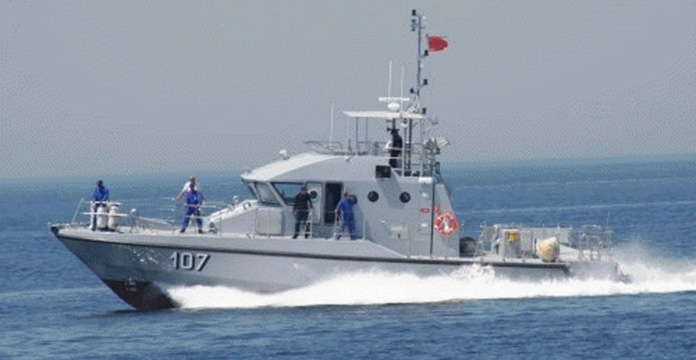
This article was automatically translated from HIBAPRESS, the Arabic version:
Hibapress
Morocco is at the forefront of African action in favor of promoting port safety and maritime transport, the participants in a panel on “port protection and coasts-new challenges-upgrade of human and operational capacities” said on Friday.
Organized within the framework of the Crans Montana 2025 forum, this high-level panel which brought together decision-makers and port managers from different African countries, has been an opportunity to highlight the urgency to build a common African vision of maritime security, based on South-South cooperation, pooling of resources, capitalization of registered successes and the promotion of local skills.
In a context marked by the intensification of maritime flows, the rise in transnational threats, insecurity and uncertainties of international navigation as well as the effects of climate change, African ports are called upon to strengthen their surveillance devices, modernize and adapt their infrastructures, and build solid partnerships capable of allowing to anticipate crises and guarantee the resilience of the sector, they estimated.
Speaking on this occasion, the director of communication and cooperation at the National Ports Agency (ANP), Abdellatif Lhouaoui, stressed that Morocco is positioning itself today as a pivot actor in port safety on the continent. With its legal-regulatory system as well as that of internal control, the ANP has been able to consolidate this position, he said, by putting its strategy in this area and its alliances and partnerships with a view to guaranteeing security and preserving the infrastructures of the ports attached to the agency and its facilities.
“Morocco has managed to develop an approach based on transparent processes and active surveillance, while emphasizing training and regional coordination,” he said, noting that “South-South cooperation constitutes a central lever to build collective and sustainable port security that the Kingdom of Morocco places at the center of its priorities and at the highest level of the country”.
For its part, the chairman of the board of directors of the Autonomous Port of Dakar, Mouhamadou Ngouda Mboup, highlighted the challenges linked to technological innovation in African ports, stressing the importance of the digital transition, cyberfense and the use of artificial intelligence (IA) in the optimization of logistical flows and securing operations.
Mr. Mboup also noted the impact of climate change on African port ecosystems and the need to adapt infrastructure to new environmental realities, noting the importance of pooling efforts, in particular in terms of human resources training, investment in equipment, and development of regional expertise networks.
In the same wake, the director general of the Comorienne de Ports company, Claude Ben Ali Bacar, emphasized the importance of anticipating risks upstream, providing African ports, in particular those of small island states, efficient equipment and adapted to current threats. He stressed that access to advanced technologies, combined with a desire for sincere cooperation, remains one of the keys to building sustainable port security.
“We must strengthen our ability to anticipate risks, and this involves pooling means, pooling expertise, and targeted training,” he said, welcoming Morocco’s central role in supporting brothers, while calling for African solidarity mechanisms to support the most vulnerable ports.
The speakers have agreed that the future of African maritime security involves collective action, and that Morocco, thanks to its reforms, its strategic vision and its regional leadership, traces the way of a model based on resilience, transparency and cooperation in a win-win spirit.

